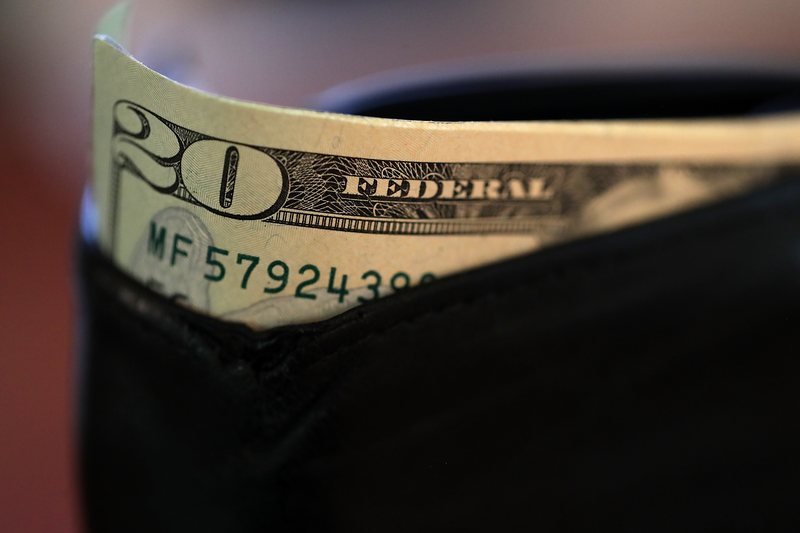In December, by a vote of 4-1, the Federal Communication Commission (FCC) adopted a new rule amending its regulations implementing the Telephone Consumer Protection Act (TCPA) to close what it refers to as the “lead generator loophole”.
The new rule represents a major change for the online lead generation industry, including comparison shopping websites, by requiring lead generators to obtain consumer consent to receive robocalls and robotexts from one seller at a time, rather than having a single consent apply to multiple sellers at one time.
More specifically, the TCPA and the FCC’s implementing rules require callers to obtain consumer consent for certain calls and texts sent using an automatic telephone dialing system or made using a prerecorded or artificial voice. If a robocall or robotext includes or introduces an advertisement or constitutes telemarketing, the prior express consent must be in writing.
The new rule is intended to close the “lead generator loophole” that has resulted in consumers receiving calls and texts from multiple businesses based on a single grant of consent.
The new rule becomes effective 180 days after its publication in the Federal Register, so most likely in early July.
NY and BNPL services
On Tuesday, New York Governor Kathy Hochul announced she is pursuing buy now, pay later-related legislation that would require providers of such services (dubbed “BNPL”) to obtain a license to operate in the state.
BNPL companies allow consumers to pay for purchases in installments. Beyond the license requirement, the new legislation would require the companies to abide by new disclosure requirements, impose late-fee limits, and mandate that companies offer avenues to dispute resolution.
The laws also require improved consumer data privacy protections and more.
New York is one of eight US states that does not provide protections against unfair or abusive business practices, New York Attorney General Letitia James said.
“In my office … while we have been successful in stopping the most egregious and bad actors, there is still more that we can do to protect consumers and small businesses from harmful practices,” James said. “I hate that New York, unfortunately, is behind the ball. With this legislation, we will protect businesses, even where the businesses engage in harmful conduct that doesn’t involve any type of representation.”
The bill would also permit the state’s financial watchdog – the New York Department of Financial Services – to propose and issue regulations for the industry, according to a slate of 2024 proposals from the governor’s office.
In New York State, a governor can introduce legislation by way of the executive budget.
The legislation is part of Governor Hochul’s 2024 State of the State Consumer Protection & Affordability Agenda that is designed to amend New York’s consumer laws to strengthen consumer protections against unfair business practices; advance the first major increase in paid medical leave benefits in more than three decades; and propose legislation to combat medical debt.
California and victim comp funds
In California, a new law that was effective as of January 1 aims to correct a recurring problem: businesses defraud consumers and are ordered to pay millions of dollars, but then close down or declare bankruptcy, leaving their victims without compensation.
The new law will help change that: it will establish a restitution fund in the state treasury that can be used to try to fully reimburse consumers.
Assembly Bill 1366 will let the state attorney general pursue disgorgement (the repayment of ill-gotten gains) in cases where companies violate unfair competition or false advertising laws. The money recovered would go into the new fund.
Some cases involving sizable judgments that victims never received any payout from in California include a $1.1b judgment against Corinthian Colleges over predatory marketing and lending tactics, and a multistate judgment that found that USA Discounters defrauded military servicemembers with high-interest loans and hidden fees in which 4,000 victims in the state should have received $7m in debt relief.


